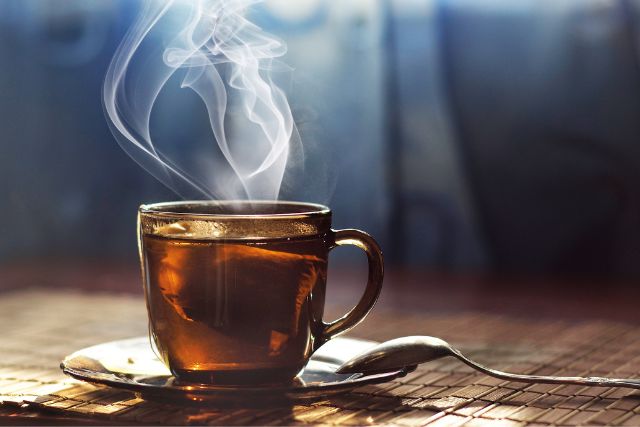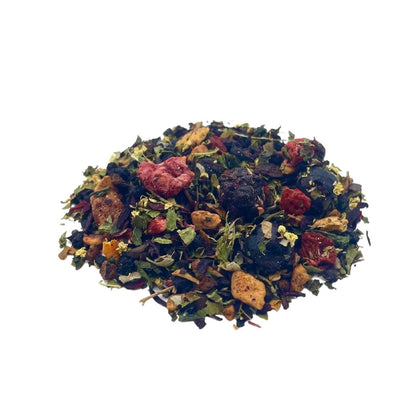

In the world of beverages, tea holds a distinctive position, boasting a rich history, cultural significance and considerable health benefits. This universal drink has penetrated the daily routines of people in nearly every corner of the globe. Let's take a journey around the world, visiting the top 10 tea-consuming nations.
1. Turkey: The Reigning Champion of Tea Consumption

Tea is an integral part of Turkish culture. The country tops the chart with an astounding 3.16 kg per person annually, demonstrating its strong tea-drinking tradition. Turkish tea, or "çay," is a type of black tea consumed without milk and is a staple of Turkish social life, often accompanying breakfast and offered to guests.
2. Ireland: Second in Line, But Not Any Less Enthusiastic

Ireland follows closely behind Turkey with an annual per capita consumption of 2.19 kg. Irish tea is traditionally strong and black, served with milk and sugar. It's a centerpiece of daily life and social events, providing a warm, comforting presence in households across the country.
3. United Kingdom: A Symbol of British Identity

The United Kingdom comes in third place, with the average person consuming approximately 1.94 kg of tea per year. The British tea tradition is renowned worldwide; afternoon tea is a custom that continues to thrive today. It's more than just a beverage; it's a quintessential part of the British way of life.
4 & 5. Pakistan and Iran: Tea as a Welcome Gesture

Both Pakistan and Iran are next on the list, each with a per capita consumption of 1.50 kg annually. In these countries, tea, or "chai," is typically served with every meal and is an essential part of hospitality. It's a gesture of welcome, often accompanied by sweets and biscuits.
6. Russia: A Time-Honored Tea Tradition

Russians consume about 1.38 kg of tea per person each year, signifying its important role in their culture. Russian Caravan, a popular blend in the country, has a unique smoky flavour. The traditional Russian tea ceremony, involving a "samovar" (a heated metal container), is a significant cultural ritual.
7. Morocco: A Minty Affair

Seventh in line, Morocco, with a per capita consumption of 1.22 kg annually, has a unique tea culture. The Moroccan mint tea, also known as "Moroccan whiskey" due to its importance in social life, is served throughout the day and particularly with meals. It's not just a drink, but a sign of hospitality and friendship.
8. New Zealand: Tea As A Social Gathering

With a consumption of 1.19 kg per person per year, New Zealand secures the eighth spot. In this country, the British colonial influence has shaped its tea-drinking habits. The hot cuppa is a staple at social gatherings and family get-togethers, often served with biscuits or cake.
9. Chile: A Growing Tea Culture

Chile, another nation with an annual per capita consumption of 1.19 kg, ranks ninth. Despite being a traditional coffee-drinking country, the tea culture in Chile has been growing. More Chileans are now enjoying a variety of teas, including herbal and fruit infusions, both for their flavours and health benefit.
10. Egypt: The Land of Tea Lovers

Rounding off the top ten is Egypt, with an annual per capita tea consumption of 1.01 kg. Tea in Egypt is a daily fixture and a symbol of hospitality. The Egyptian "shai" is a strong black tea, often sweetened with cane sugar and sometimes flavoured with fresh mint leaves. It's enjoyed throughout the day, whether at home, in cafes, or at social events.
Final Thoughts
Overall, tea continues to be a cherished beverage worldwide, uniting cultures and people across geographical boundaries. The top ten tea-consuming nations, from Turkey to Egypt, each present a unique tea tradition, reflecting their historical, cultural, and social fabric. These diverse tea-drinking customs underscore the beverage's universal appeal and its adaptability to different tastes and preferences. Whether it's the robust Turkish "çay" or the refreshing Moroccan mint tea, each brew tells a story - a testament to tea's enduring legacy as a global unifier.

